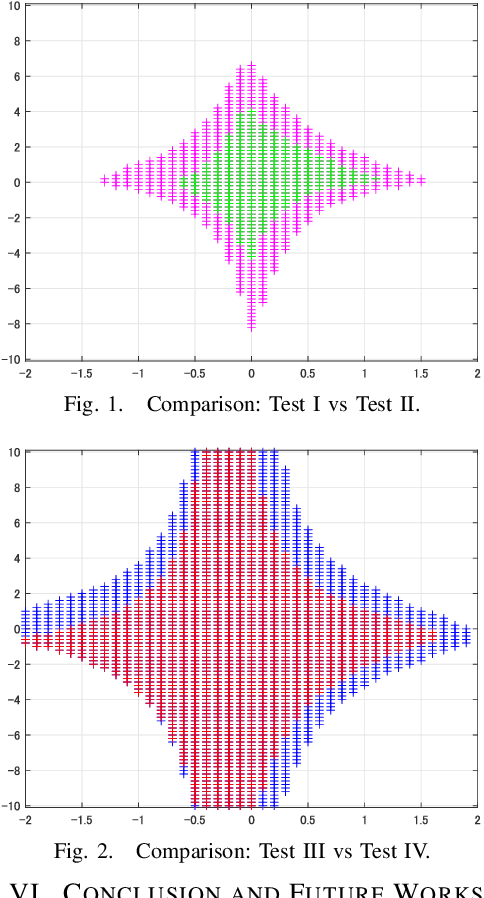Stability Analysis of Recurrent Neural Networks by IQC with Copositive Mutipliers
Paper and Code
Feb 09, 2022
This paper is concerned with the stability analysis of the recurrent neural networks (RNNs) by means of the integral quadratic constraint (IQC) framework. The rectified linear unit (ReLU) is typically employed as the activation function of the RNN, and the ReLU has specific nonnegativity properties regarding its input and output signals. Therefore, it is effective if we can derive IQC-based stability conditions with multipliers taking care of such nonnegativity properties. However, such nonnegativity (linear) properties are hardly captured by the existing multipliers defined on the positive semidefinite cone. To get around this difficulty, we loosen the standard positive semidefinite cone to the copositive cone, and employ copositive multipliers to capture the nonnegativity properties. We show that, within the framework of the IQC, we can employ copositive multipliers (or their inner approximation) together with existing multipliers such as Zames-Falb multipliers and polytopic bounding multipliers, and this directly enables us to ensure that the introduction of the copositive multipliers leads to better (no more conservative) results. We finally illustrate the effectiveness of the IQC-based stability conditions with the copositive multipliers by numerical examples.
 Add to Chrome
Add to Chrome Add to Firefox
Add to Firefox Add to Edge
Add to Edge